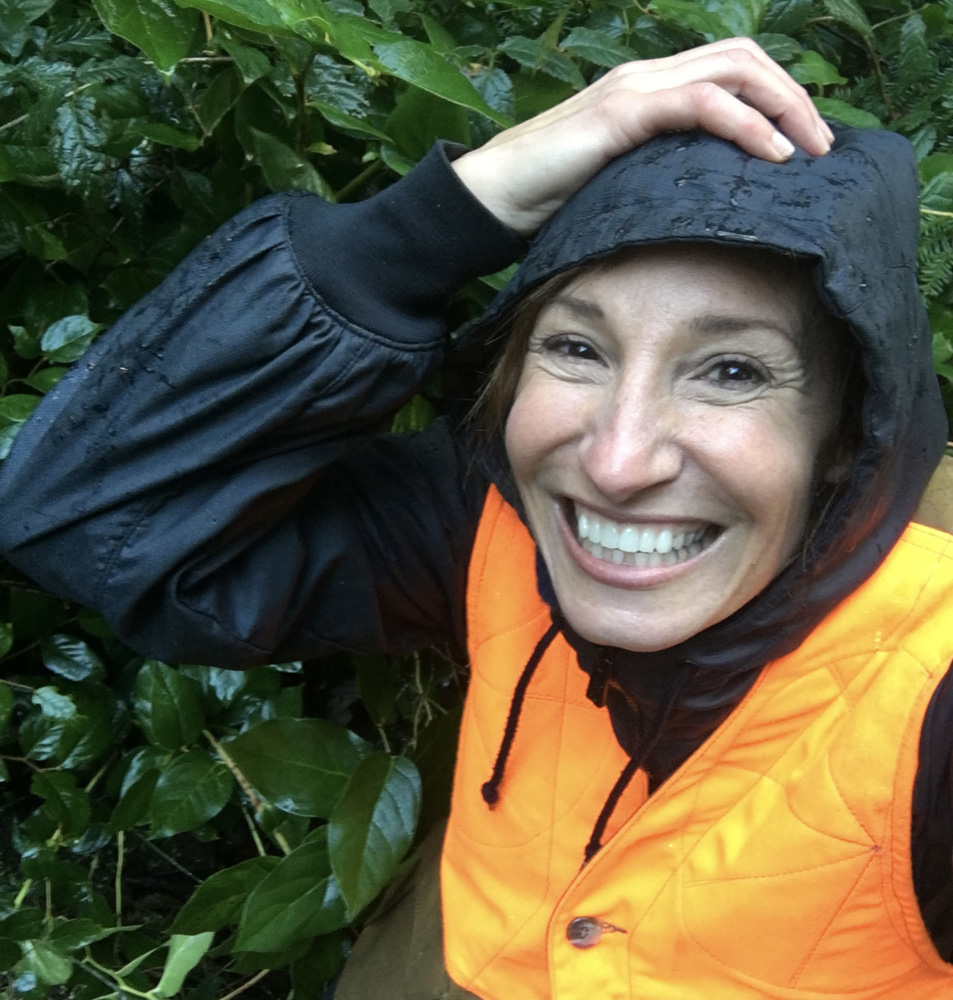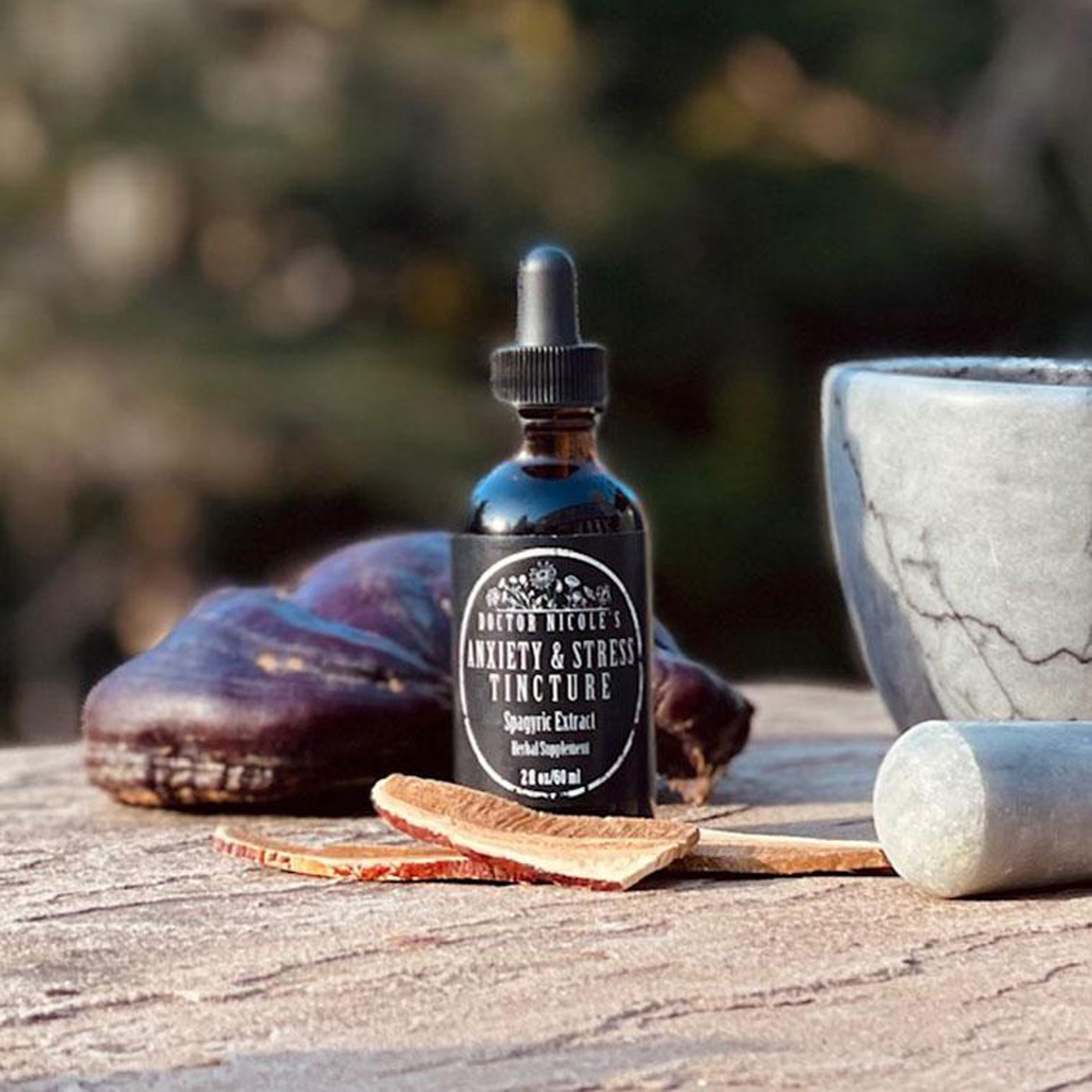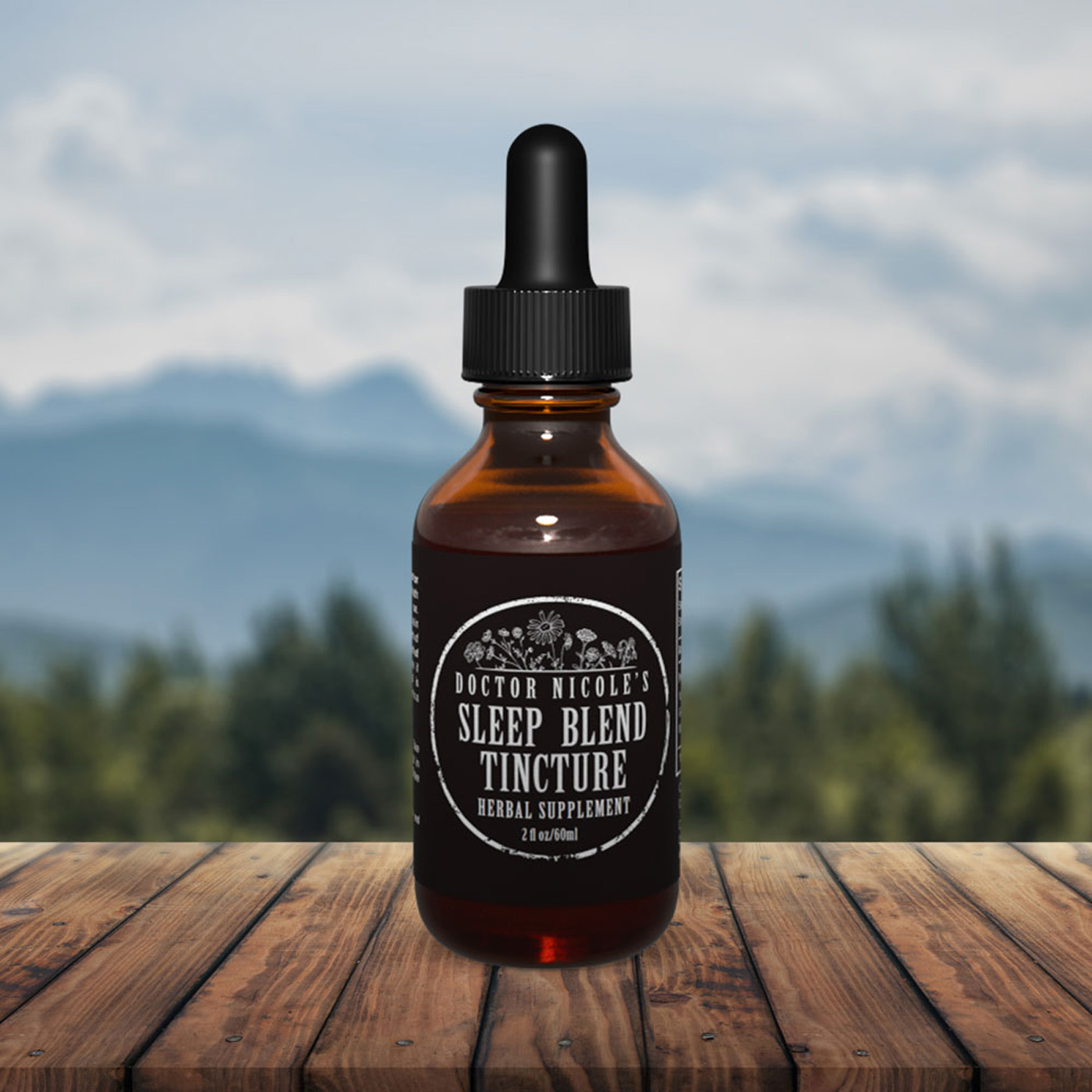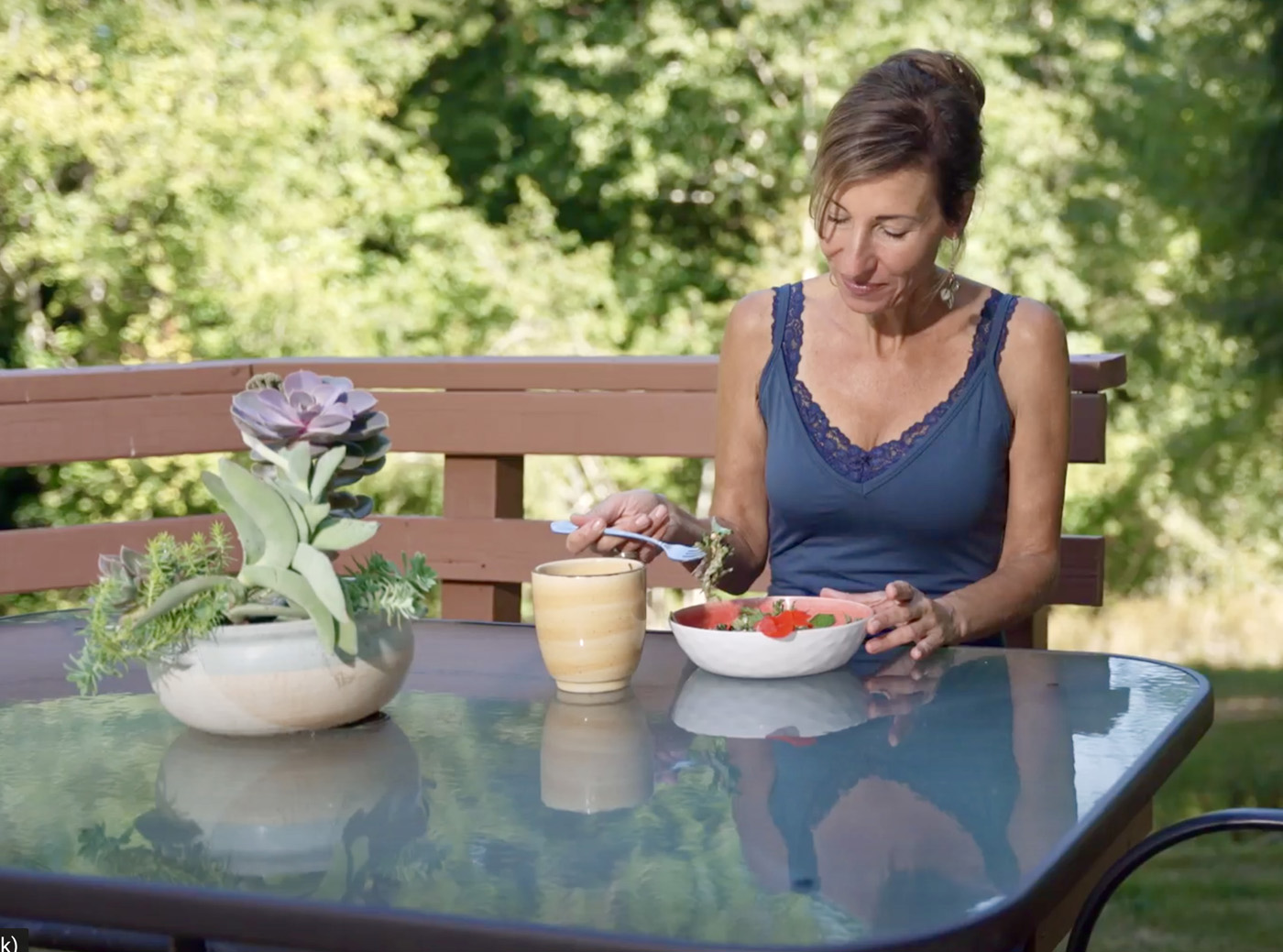The Link Between Discomfort and Health
As cooler weather sets in throughout most of the USA, we have a tendency to buckle down in front of the fire with a warm mug of tea and a good book. The quietness of the season also produces a natural desire to turn inward after the outdoor busyness of the summertime. This is a time to embrace! But for many who live in areas where freezing temperatures, frigid wind, and darkened skies encourage them to go from one heated, artificially lit environment to another — house to car to work and back again — researchers have found this isn’t the ideal for health, both physical and mental. Instead, we should take a walk in less than perfect weather. Why? It helps to keep you healthy, happy, and slim. Let’s have a look at the reasons behind the beneficial effects of uncomfortable weather.
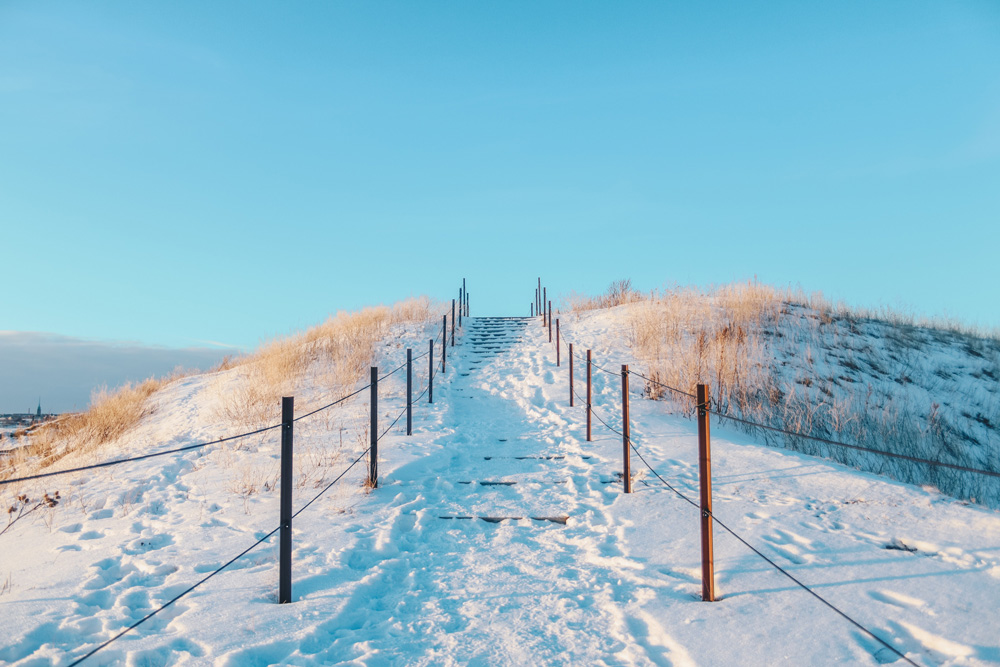
Cold is Good
If you live in a snowy region, you may have seen a few brave souls walking around in shorts and a t-shirt during the wintertime. While this may seem counterintuitive, there is a very good reason for the practice: brown fat. Otherwise known as brown adipose tissue, it is extremely metabolically active. It burns health-harming white fat for fuel and is activated by cold exposure. This is why people who are naturally thin and those who walk around with exposed skin or work outdoors during the wintertime have rich layers of this special type of fat.1
Cold exposure also helps to increase energy, alleviate depression and anxiety, calm inflammation, and boost the immune system. Moreover, it can be practiced by taking cold showers, swimming in frigid water, or even taking ice baths once you have established your tolerance level.
Keep in mind that bare skin exposed to cold, windy weather can lead to frostbite, so it is important that you only practice cold therapy outdoors for brief periods of time. And always keep an eye on the windchill factor from your local weather report. See my post, Depression, Poor Immunity, Excess Weight? Cold Therapy to the Rescue! for the science behind this practice along with important safety tips.

Brighten Your Mood
The Dutch have a name for exercising outdoors in chilly, windy weather: uitwaaien. It is rooted in the idea of replacing “bad air” with “good air” or “outblowing”. They swear by its effectiveness for keeping you healthy, boosting energy, and improving mood. The practice also helps to clear your mind. If possible, it is best to exercise in nature for full benefit.
Interestingly, the term was coined 500 years ago to describe blowing out a candle or the movement of a flag. It then evolved to freshening your clothes flapping in the wind back in the 1800s, but has since been applied to people. Today, it relates to those who have become angry and need to “cool down in the wind”, but the term largely has positive associations of refreshing the mind, increasing energy, and cultivating a positive mental state.
The Finnish also have refined the art of utilizing uncomfortable weather to their advantage, what they call “sisu”. It roughly translates to “determination and courage in the face of adversity”. But it also includes a sense of integrity and an inner strength that builds character. They believe it is directly tied to their weather — a cold, dark, difficult affair during the winter. It demands more of you and, in turn, cultivates not only grit, but also happiness. In fact, Finland was rated number one yet again in the World Happiness Report for 2021.2 Read more about the benefits of adversity in “The Gift of Discomfort“.
Embrace the Outdoors for Better Health and Better Sleep
Spending time outdoors during the winter also helps to give your immune system a welcome boost. Dr. Qing Li, author of “Forest Bathing: How Trees Can Help You Find Health and Happiness”, says that forest walks can lower anxiety, stress, depression, and anger; support the robust immunity; encourage cardiovascular and metabolic health; and improve wellbeing.3 If you struggle with sleep issues, good news! Forest bathing can help that too.
In Dr. Qing Li’s study, 71 participants struggling with healthy sleep patterns took a two-hour forest walk on eight different weekend days. The team then compared sleep conditions the nights before and after the walks. They found that “[t]wo hours of forest walking improved sleep characteristics; impacting actual sleep time, immobile minutes, self-rated depth of sleep, and sleep quality.4 The participants were less anxious, had better sleep, and slept longer after the walks.
What’s more, the practice can bolster your immune response to viral severe respiratory syndrome. Here’s why. When we walk in a forested area, we breathe in biogenic volatile compounds (VOCs) that are emitted by trees to protect against insects. VOCs have been shown to have immunostimulatory effects for people. Walking in a forest also calms the stress response and lowers cortisol to improve immune function.5
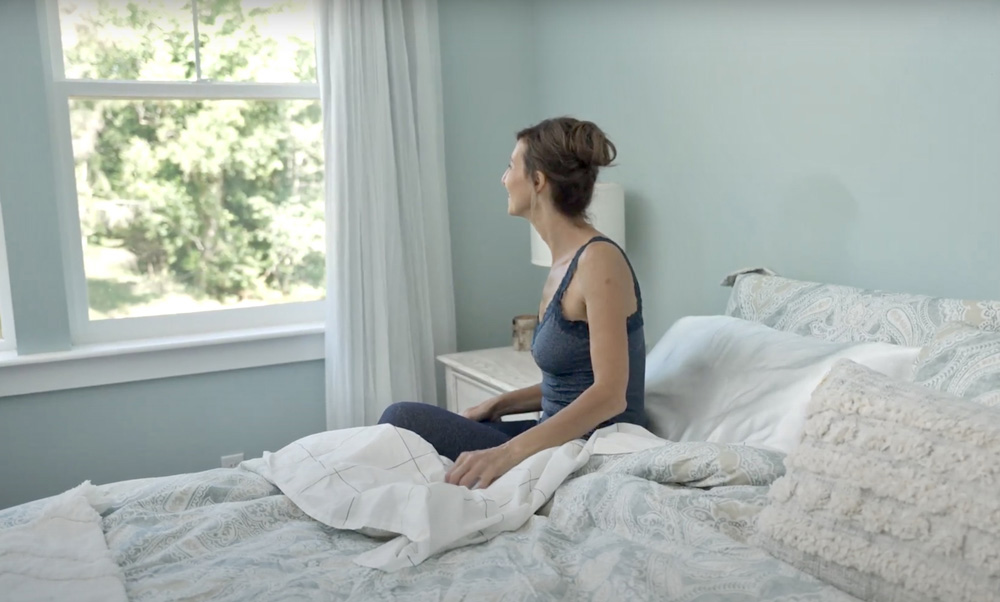
Herbal Support for Deep Sleep and Less Stress
A perfect compliment to spending time outdoors during the winter months, herbal remedies offer an extra layer of support to keep your mood bright and your sleep deep and rejuvenating. My two favorite formulations in this regard are the apothecary’s Anxiety & Stress tincture and Sleep Blend.
Our Anxiety & Stress tincture helps the body adapt to stress, calms the nervous system, and helps relieve anxiety and depression. It is a potent blend of lemon balm and adaptogenic ashwagandha, along with lion’s mane and reishi medicinal mushrooms. This is an essential tincture for modern life, especially as we enter into the bustle of the holiday season!
Deep rest is also important. When we don’t get enough quality sleep, every area of our life is impacted — immune function, mood, energy, even our relationships. This is why it is crucial to get enough rejuvenating sleep each night. My Sleep Blend was formulated to help you fall asleep faster and stay asleep longer. It also boosts the production of GABA, a calming neurotransmitter that promotes sleep and improves mood.
If you would like to enjoy a serene, well-rested winter season this year with robust health and positive mood, these botanical extracts are an outstanding option. Visit the apothecary today to learn more about our powerfully effective remedies.
Here’s to a happy and healthy winter season!
Nicole Apelian
Nicole’s Apothecary Products in this Post
References
- Huttunen, P., Hirvonen, J., & Kinnula, V. (1981). The occurrence of brown adipose tissue in outdoor workers. European journal of applied physiology and occupational physiology, 46(4), 339–345. https://doi.org/10.1007/BF00422121
- “World Happiness Report” https://worldhappiness.report
- Suresh Ramanan, S. Qing Li: Forest bathing – how trees can help you find health and happiness. Agric Hum Values 36, 367–368 (2019). https://doi.org/10.1007/s10460-018-09900-3
- Morita, E., Imai, M., Okawa, M., Miyaura, T., & Miyazaki, S. (2011). A before and after comparison of the effects of forest walking on the sleep of a community-based sample of people with sleep complaints. BioPsychoSocial medicine, 5, 13. https://doi.org/10.1186/1751-0759-5-13
- Roviello, V., Gilhen-Baker, M., Vicidomini, C., & Roviello, G. N. (2022). Forest-bathing and physical activity as weapons against COVID-19: a review. Environmental chemistry letters, 20(1), 131–140. https://doi.org/10.1007/s10311-021-01321-9

